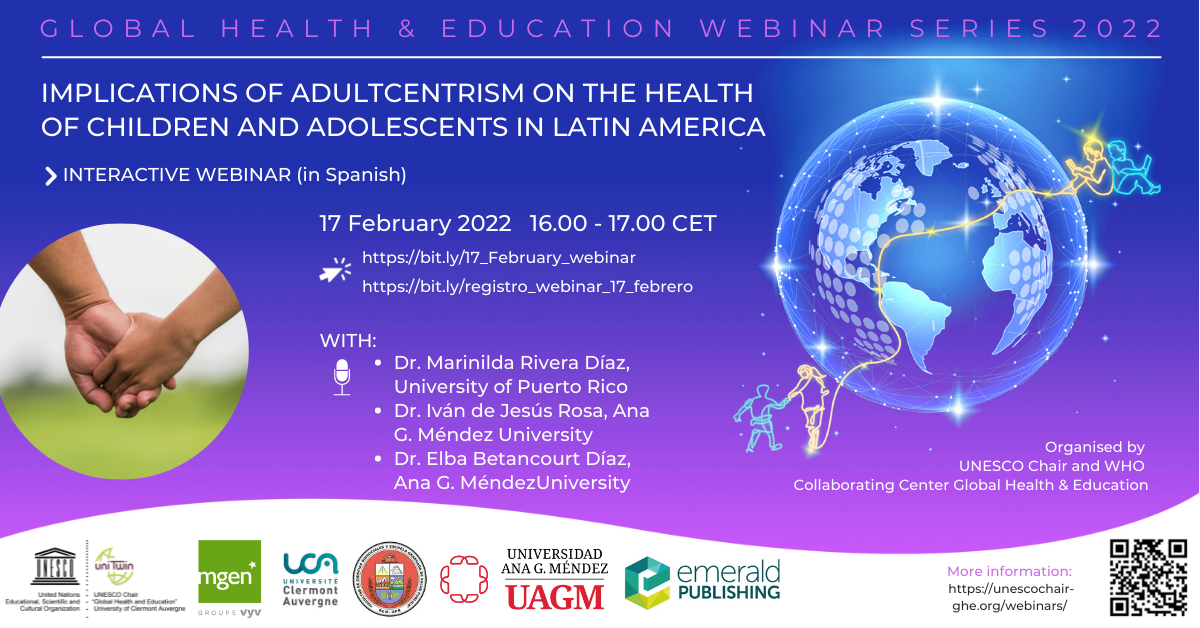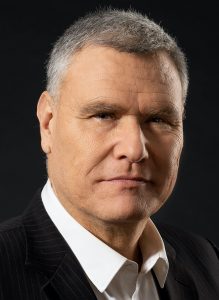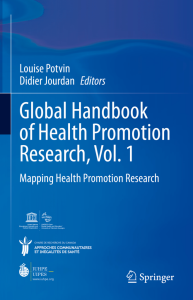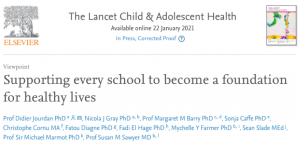Violence and bullying in schools deprive millions of children and adolescents of their fundamental right to education. A recent UNESCO report revealed that more than 30% of the world’s students have been victims of bullying, with devastating, immediate, mid- and long-term consequences on academic achievement, school dropout, and physical and mental health. Exposure to the risks of violence and bullying has increased for many learners where education systems are not fully prepared for the increased use of digital technology in teaching and learning, as highlighted by the 2023 Global Education Monitoring Report. Violence and bullying is often perpetrated as a result of gender norms and stereotypes.
Though some may think it is inevitable, in fact, it is preventable and its harm can be reduced. There are effective approaches to prevent, reduce and respond to violence and bullying and educators, learners, parents and other actors have important role to play in it.
Speakers from the World Anti-Bullying Forum, UNESCO Chair for Global Health and Education, Global Education Monitoring Report Team, UNESCO Health and Education Section and UNESCO Institute for Information Technologies in Education will address the following questions during the webinar:
- Are violence and bullying just part of growing up? How they affect children and adolescents, their mental health and why gender matters?
- Is it possible to end violence and bullying in school? If yes, what makes prevention and response to bullying effective?
- How education systems can protect learners from the adverse consequences of technology use, specifically online violence including cyberbullying and mental health issues?
- What can decision/policy makers, educators and learners do to prevent and decrease bullying, in particular, in the context of increasing use of digital technology in education?
- What practical tools are there for educators and other stakeholders to effectively address violence and bullying in school?
Speakers are:
- Ms. Frida Warg, Managing Director, World Anti-Bullying Forum, Sweden
- Ms. Nicola Gray, Co-chair holder, UNESCO Chair on Global Health and Education, Senior Lecturer, University of Huddersfield, UK
- Mr. Manos Antoninis, Director of the UNESCO Global Education Monitoring (GEM) report
- Mr. Yong Feng Liu, Project Officer, UNESCO Health and Education Section
- Mr. Tigran Yepoyan, UNESCO Health Education Advisor for Eastern Europe and Central Asia
The webinar is moderated by Goof Buijs, Chair manager, UNESCO Chair on Global Health & Education.
The webinar will take place on 6 November 2023 from 14.00 – 15.30 CET in English.
Register for the webinar today. This webinar will also be broadcasted live on the UNESCO Chair Global Health & Education YouTube Channel.














 About Didier Jourdan
About Didier Jourdan
